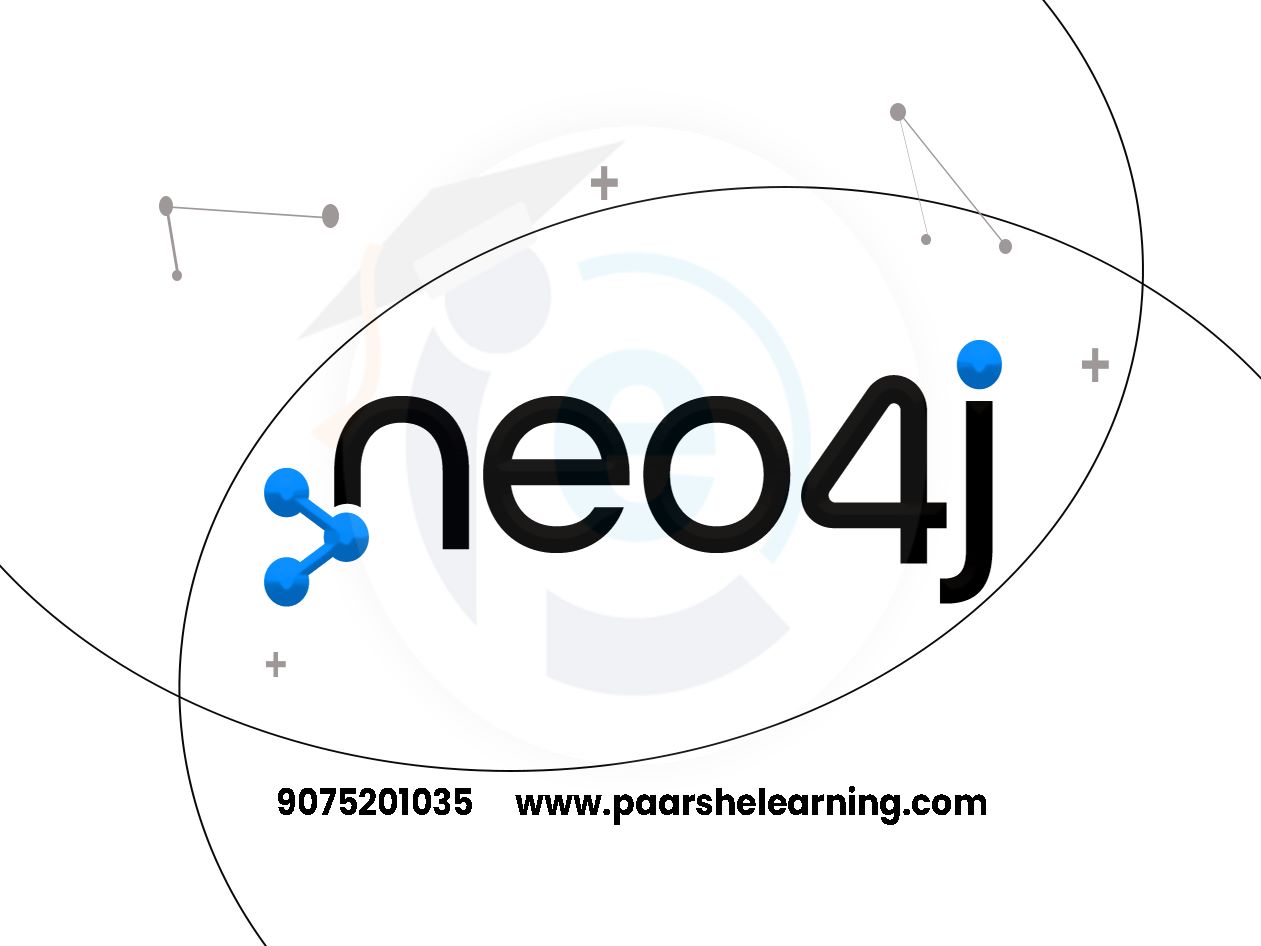- This Course is covering various aspects of MySQL, including database design, SQL fundamentals, query optimization, administration, and performance tuning. The courses include videos, quizzes, and hands-on exercises.
- "The Ultimate MySQL Bootcamp: Go from SQL Beginner to Expert" and "MySQL for Beginners." These courses cover MySQL fundamentals, database design, SQL queries, indexing, and more. They often include practical exercises and real-world examples.
- These courses cover SQL basics, database management, data modeling, and application development with MySQL.
- "MySQL Essential Training" and "Learning MySQL Development" cover SQL syntax, database design, administration, and practical MySQL usage.
MySQL
Course description
MySQL is one of the most popular open-source relational database management systems (RDBMS). It is widely used for managing structured data and is known for its performance, reliability, and ease of use. Here are some key aspects to know about MySQL:
-
Relational Database: MySQL follows the relational model, which organizes data into tables with rows and columns. It allows you to define relationships between tables using primary and foreign keys, ensuring data integrity and consistency.
-
SQL (Structured Query Language): MySQL uses SQL, a standardized language for managing relational databases. SQL provides a wide range of commands and statements for creating, querying, updating, and deleting data. It enables you to perform complex operations and retrieve information from the database.
-
Data Types and Constraints: MySQL supports various data types, including numeric, string, date/time, and more. It also allows you to enforce data integrity using constraints such as primary keys, unique keys, foreign keys, and check constraints.
-
High Performance and Scalability: MySQL is known for its excellent performance, making it suitable for both small-scale and enterprise-level applications. It offers features like indexing, query optimization, caching, and replication to improve performance and handle large volumes of data.
-
Client-Server Architecture: MySQL follows a client-server architecture. It consists of a database server that handles data storage and processing, and client applications that communicate with the server to perform database operations.
-
Administration and Management: MySQL provides tools for managing and administering databases, including MySQL Workbench, a visual database design and administration tool. It offers capabilities for database creation, user management, backup and restore, and performance monitoring.
-
Community and Ecosystem: MySQL has a large and active community that provides extensive documentation, tutorials, and support resources. It also has a rich ecosystem with libraries, connectors, and frameworks available for various programming languages and platforms.
-
MySQL Editions: MySQL is available in different editions to suit different needs. The community edition is free and open-source, while there are commercial editions with additional features and support, such as MySQL Enterprise Edition.
MySQL is widely used in various applications, including web development, content management systems, e-commerce platforms, data warehousing, and more. Its versatility, scalability, and reliability make it a popular choice for both small-scale and enterprise-level projects.
What you will learn from this course?
This course includes!
- Daily Live session
- A recorded session with problem-solving material
- Access on Mobile and TV
- Certificate of completion
- Recommendation Letter
This course is for
- Anyone interested in learning SQL to help with their current job or to find a new role. SQL is one of today's most in-demand skills
- Anyone looking to answer complex business problems and generate reports using data
- Business owners, people in sales, or people in marketing roles who are interested in understanding company data better.
- Developers who are looking to build applications (e.g. social networks, e-commerce sites) using MySQL
Prerequisites for this course
- Basic Computer Knowledge
Mysql Syllabus
-
Introduction To Relational Databases And Mysql
Understanding relational databases and their advantages Introduction to MySQL and its features Setting up MySQL: installation, configuration, and basic usage Overview of SQL and data manipulation languages
-
Data Definition Language (ddl)
Creating and managing databases and tables Data types, constraints, and keys in MySQL Indexing and optimization for table design Introduction to views and stored procedures
-
Data Manipulation Language (dml)
Inserting, updating, and deleting data Querying data using SELECT statements Filtering, sorting, and joining tables Subqueries and complex queries in MySQL
-
Data Retrieval And Reporting
Advanced query techniques: GROUP BY, HAVING Using aggregate functions for data summarization Data manipulation using CASE statements Generating reports with SQL queries
-
Joins And Relationships
Understanding relationships between tables Different types of joins: INNER JOIN, LEFT JOIN, etc. Self-joins and multiple joins in complex queries Normalization and denormalization concepts
-
Data Integrity And Transactions
Ensuring data integrity with foreign keys and constraints Introduction to transactions and ACID properties Managing transactions using COMMIT and ROLLBACK Isolation levels and concurrency control in MySQL
-
Stored Procedures And Functions
Creating and managing stored procedures User-defined functions and their applications Implementing triggers for automated actions Securing stored procedures and functions
-
Mysql Administration And Real-world Applications
User and privilege management in MySQL Backing up and restoring MySQL databases MySQL performance optimization and monitoring Real-world use cases of MySQL in web applications, e-commerce, etc. Students work on individual or group projects applying MySQL to specific domains Final project presentations and evaluations
-
Encourage hands-on practice and projects throughout the course to reinforce students' understanding of MySQL concepts. Depending on the goals of the course, you can emphasize different aspects of MySQL, such as database design, querying, administration, or optimization. Make sure to cover both the theoretical foundations and practical implementation of MySQL.




